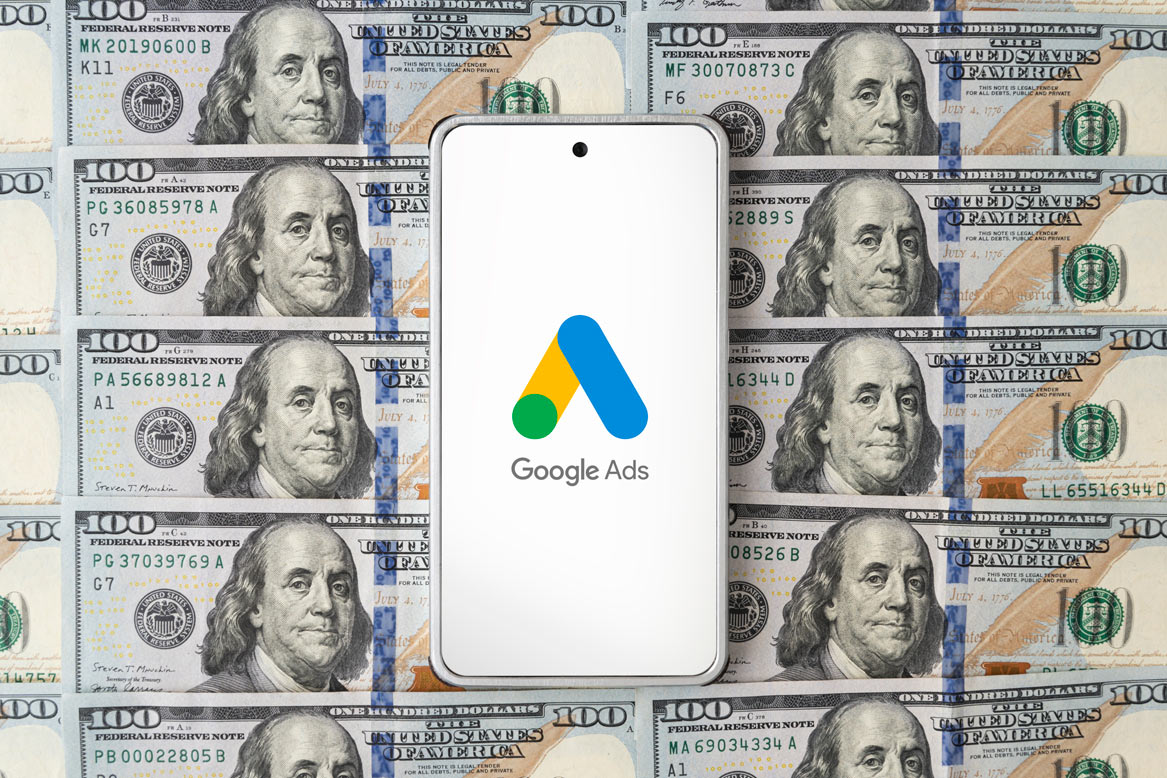It just makes sense to get more sales from your investment in paying an account manager with experience to manage your Google Ads program. How So? Google Partners are companies that have been certified by Google to manage Google Ads campaigns for businesses. They have the latest Google Ads product…
Google Ads
-
AdWords - AdWords Account Management - AdWords Consultant - AdWords Manager - AdWords Services - Google Ads - Google Ads Consultant - Google Ads Management - Google Ads Management Pricing - Google Ads Manager - Google Ads Services - Google Ads Strategists - Google AdWords - Google Partner - News & Trends - Performance Marketing
-
AdWords - AdWords Account Management - AdWords Consultant - AdWords Manager - AdWords Services - Google Ads - Google Ads Consultant - Google Ads Management - Google Ads Management Pricing - Google Ads Manager - Google Ads Services - Google AdWords
Welcome to the New World of Google Ads Tracking – Trust Me, You Won’t Like It
Google is always evolving, and unfortunately we have to evolve along with them. Here’s the big issue – with the implementation of G4, loss of third party cookie tracking, sunsetting of Google UA Analytics around July 1, we are just now starting to really see the new world of conversion…
-
Bing Ads - Google Ads - Internet Marketing - Internet Marketing Service - Microsoft Advertising - Microsoft Advertising Consultant - News & Trends
We Are Bullish on Bing.com – Get Your Advertising On Target
It’s time time to review your ad spend on Google Ads and get your advertising on target to generate more leads at a lower cost. Here at McCord Web Services, we are bullish on the use of Microsoft Advertising and ChatGPT is the reason why. Bing is the second-largest search…
-
Google Ads - Google Ads Consultant - Google Ads Management - Google Ads Management Pricing - Google Ads Manager - Google Ads Services - Google AdWords
January Google Ads Conversions Dip
This month, we are seeing a trend across nearly all managed Google Ads accounts and wanted to share the issue with you and how we are working to improve account performance. In January 2023, we are seeing a dip in conversion activity in Google Ads across a broad sector of…












